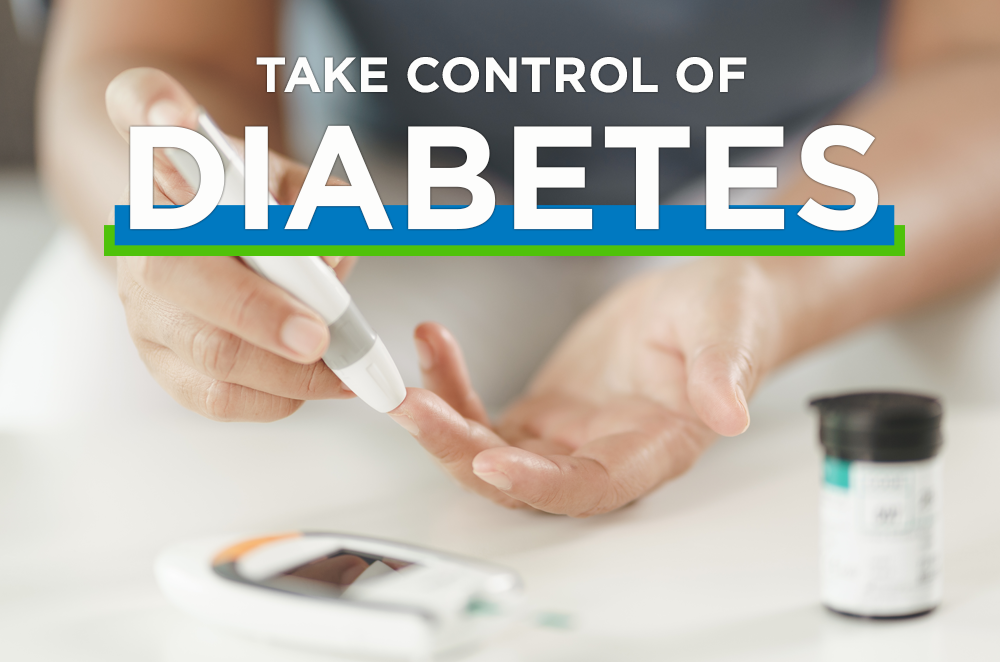Did you know that nearly 98 million American adults have prediabetes? That’s a staggering number, and many of these individuals may not even be aware of their condition. That’s why National Diabetes Month is so important. It’s a chance to spread the word and help people take control of diabetes.
What is Pre-diabetes?
Pre-diabetes is a condition where your blood sugar levels are higher than normal, but not high enough to be diagnosed with type 2 diabetes. While it may not seem serious, pre-diabetes significantly increases your risk of developing type 2 diabetes, heart disease, and stroke.
Why is Diabetes a Serious Concern?
Diabetes is a chronic health condition that disrupts your body’s natural process of turning food into energy. Normally, your body breaks down food into glucose, a type of sugar, which is then absorbed into your bloodstream. To help your body use this glucose, your pancreas produces a hormone called insulin. Insulin acts like a key, unlocking your cells to let glucose in.
When you have diabetes, your body either doesn’t produce enough insulin, or it can’t effectively use the insulin it does produce. As a result, glucose builds up in your bloodstream, leading to high blood sugar levels. Over time, these high blood sugar levels can damage various organs in your body, including your heart, kidneys, nerves, and eyes.
Risks Associated with Diabetes
Heart Disease: Diabetes increases the risk of heart attack and stroke.
Kidney Disease: High blood sugar levels can damage your kidneys, leading to kidney failure.
Nerve Damage: Diabetes can damage nerves throughout your body, causing numbness, pain and weakness.
Eye Damage: High blood sugar levels can damage the blood vessels in your eyes, leading to vision loss.
Amputation: Poor blood flow caused by diabetes can lead to serious foot problems, including amputation.
Managing Diabetes
If you have diabetes, managing your condition is crucial to prevent complications. Here are some things to keep in mind:
Early Intervention: For those at risk of type 2 diabetes, starting healthy habits early on can significantly reduce your chances of developing the disease.
Healthy Eating: Prioritize a low-carb, low-sugar diet to help regulate blood sugar levels. When consuming carbohydrates, ensure they come from sources high in fiber, such as whole grains and legumes.
Regular Exercise: Regular physical activity, such as daily walks, can help improve insulin sensitivity, aid in weight management, and lower blood sugar levels immediately.
Medication: Your doctor may prescribe medications to help control your blood sugar levels.
Regular Check-ups: Regular medical check-ups are essential to monitor your blood sugar levels and overall health.
Take Control of Diabetes Today
If you’re worried about developing diabetes, consult your doctor for a screening. For those already managing diabetes, CCMH provides educational resources to guide you through your journey. Lawton Community Health Center also offers education and guidance for adults, teens, and their families. By taking proactive steps, you can lower your risk of diabetes and improve your overall health.
Resources:
https://www.niddk.nih.gov/health-information/community-health-outreach/national-diabetes-month
https://odphp.health.gov/myhealthfinder/health-conditions/diabetes
Disclaimer:
The Comanche County Memorial Hospital website does not provide specific medical advice for individual cases. Comanche County Memorial Hospital does not endorse any medical or professional services obtained through information provided on this site, articles on the site or any links on this site.
Use of the information obtained by the Comanche County Memorial Hospital website does not replace medical advice given by a qualified medical provider to meet the medical needs of our readers or others.
While content is frequently updated, medical information changes quickly. Information may be out of date, and/or contain inaccuracies or typographical errors. For questions or concerns, please contact us at contact@ccmhhealth.com.

